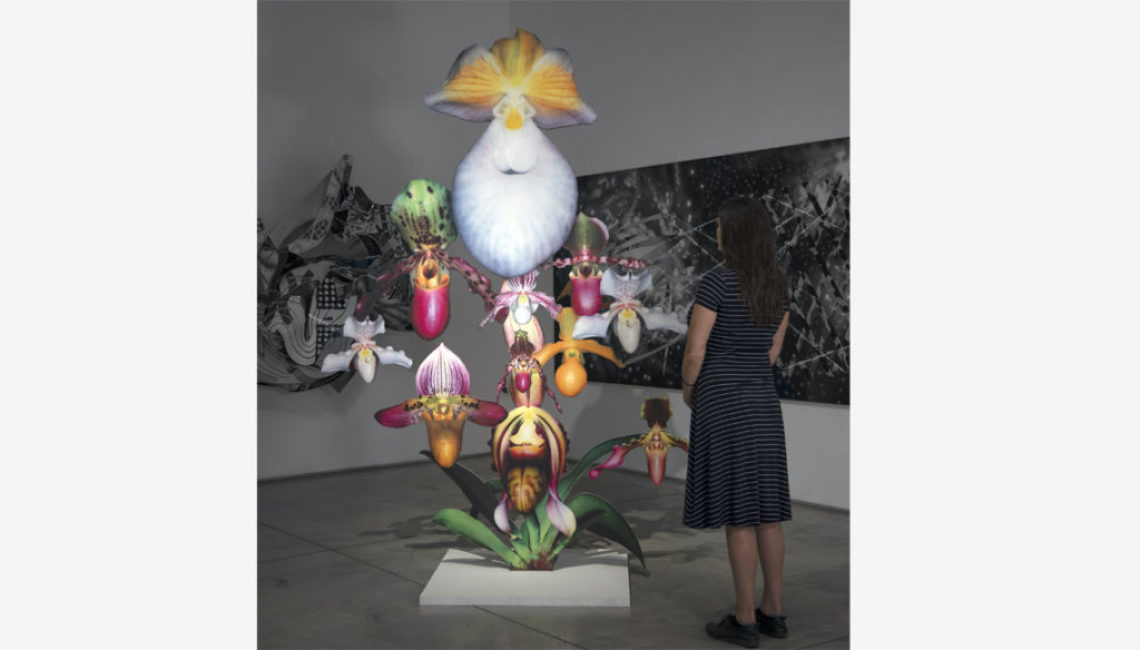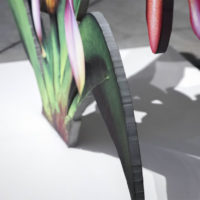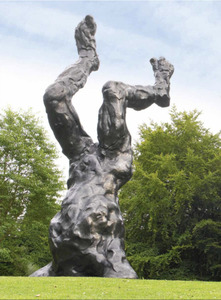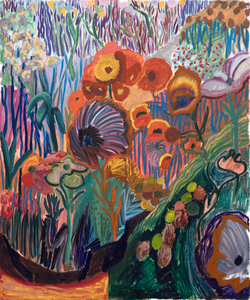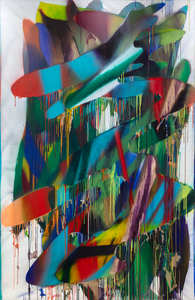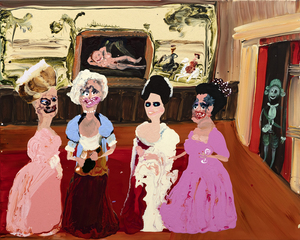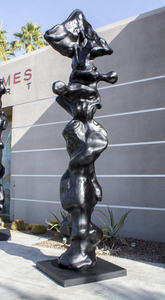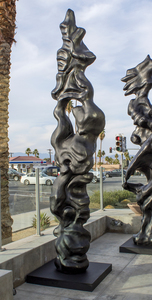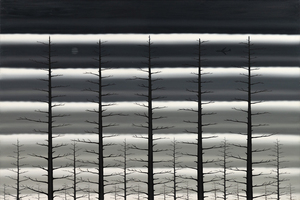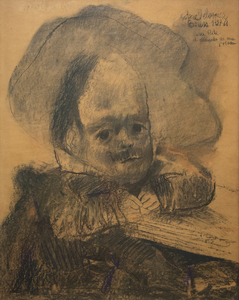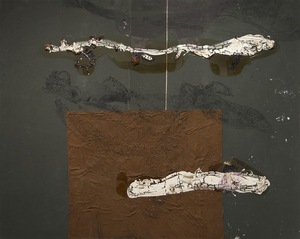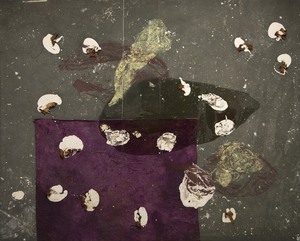MARC QUINN (b. 1964)
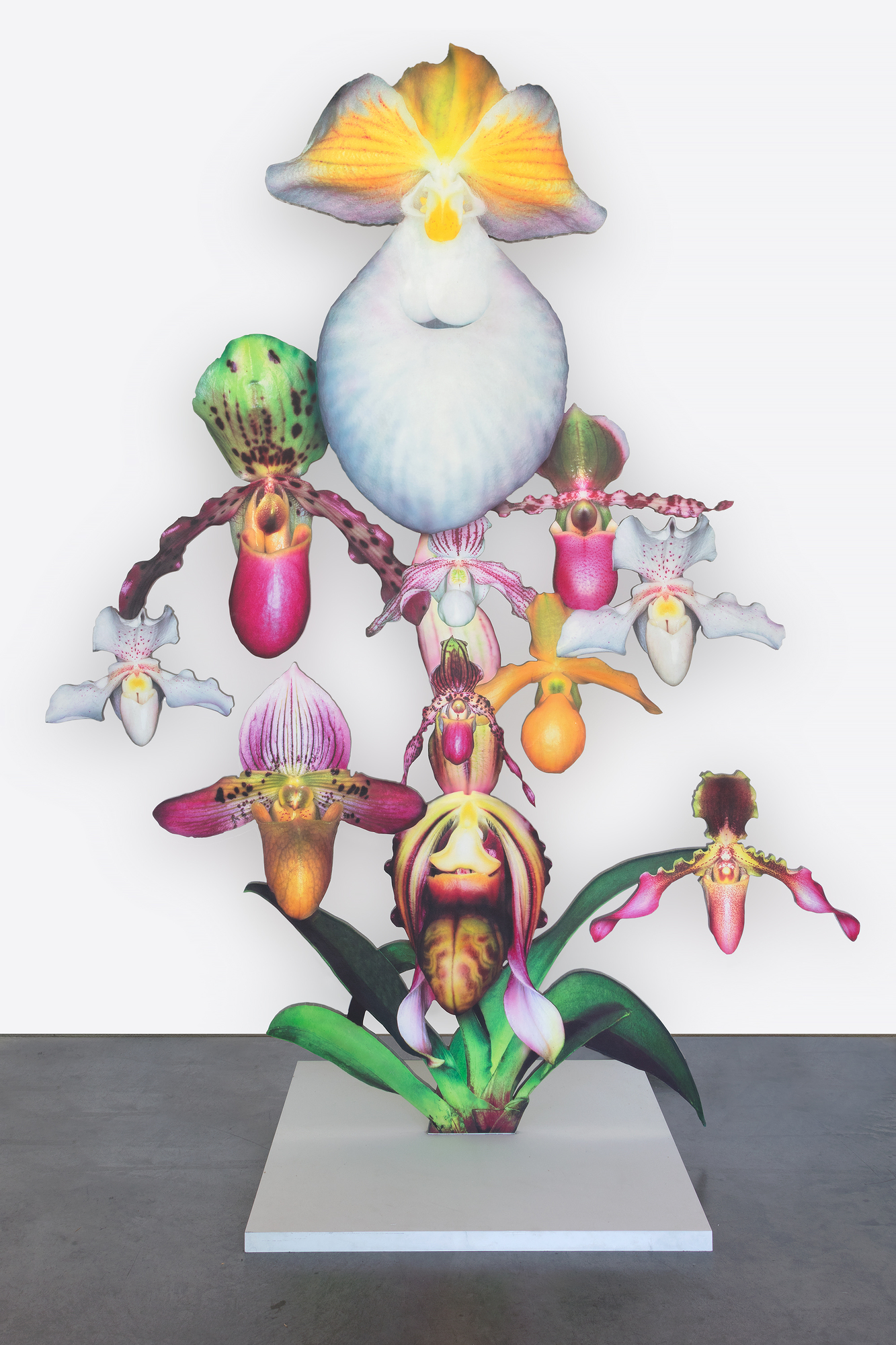
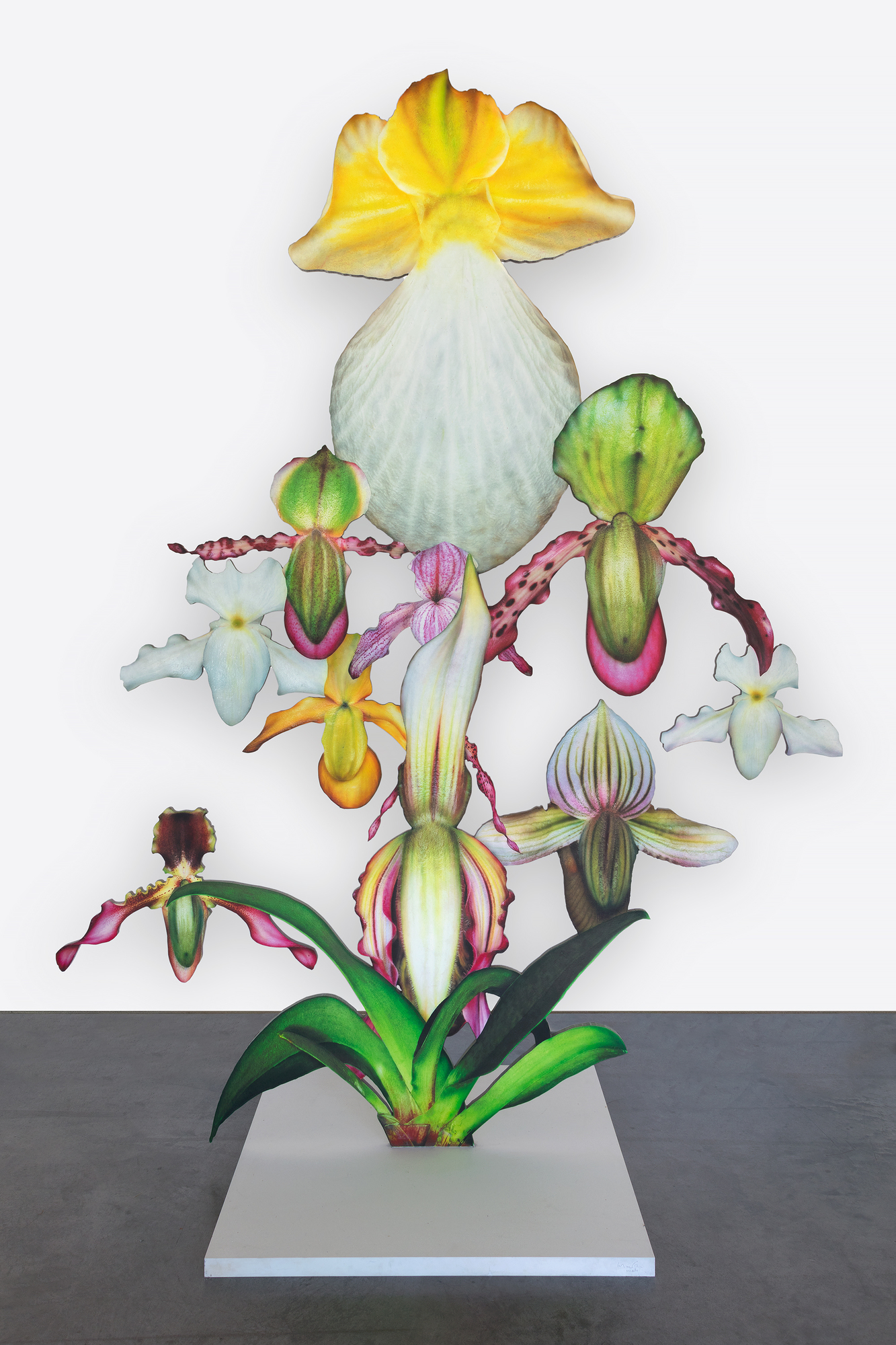
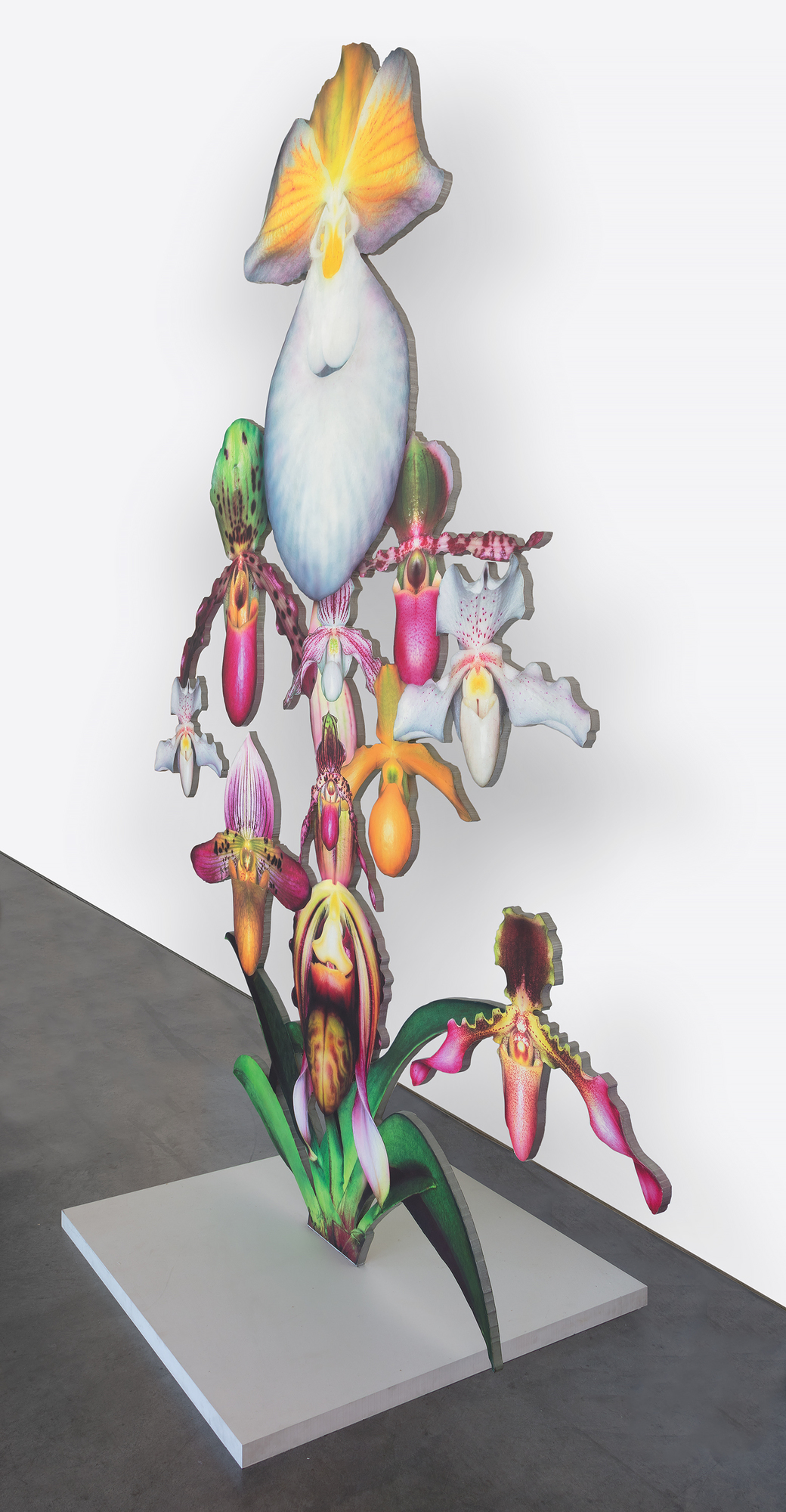
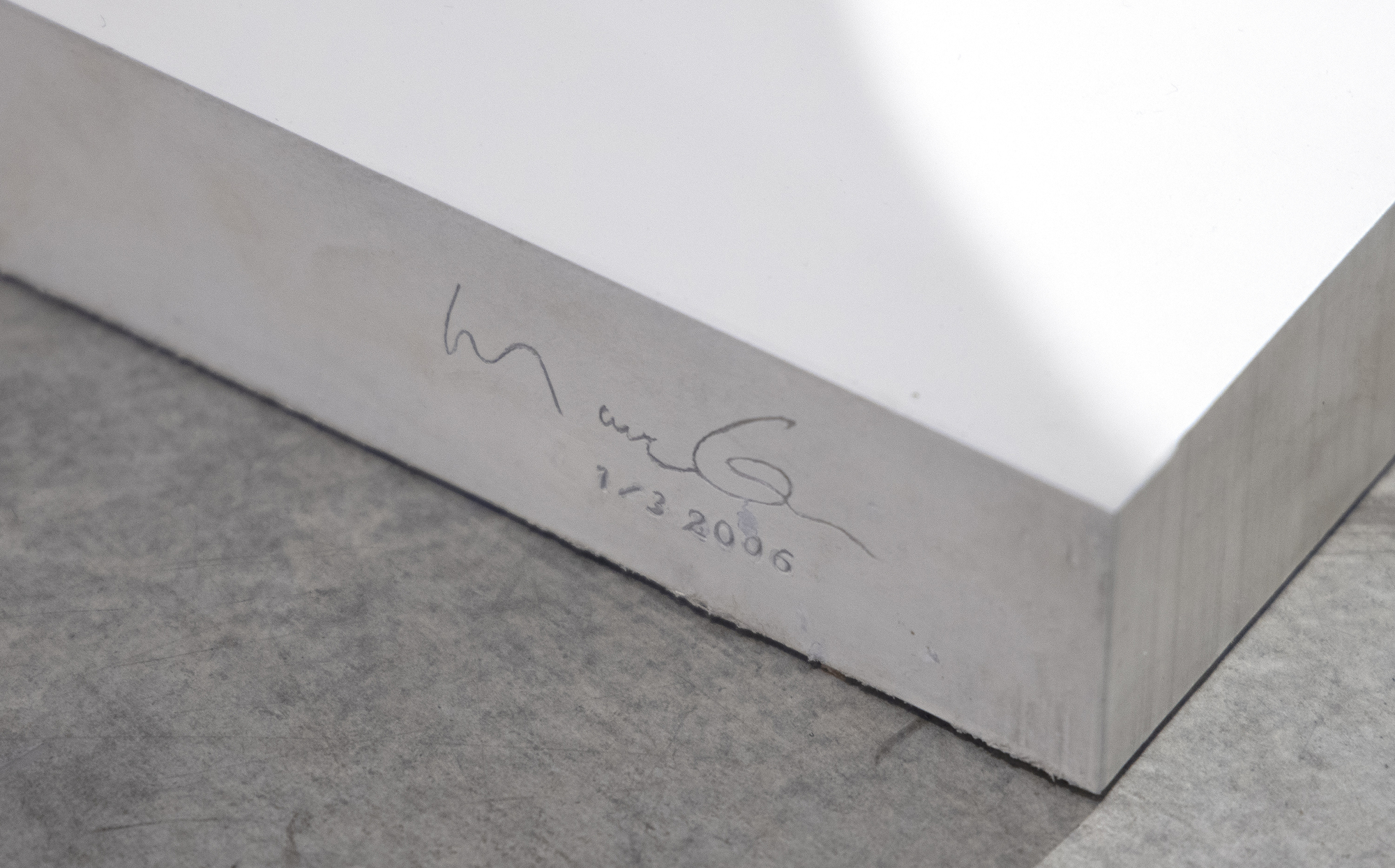
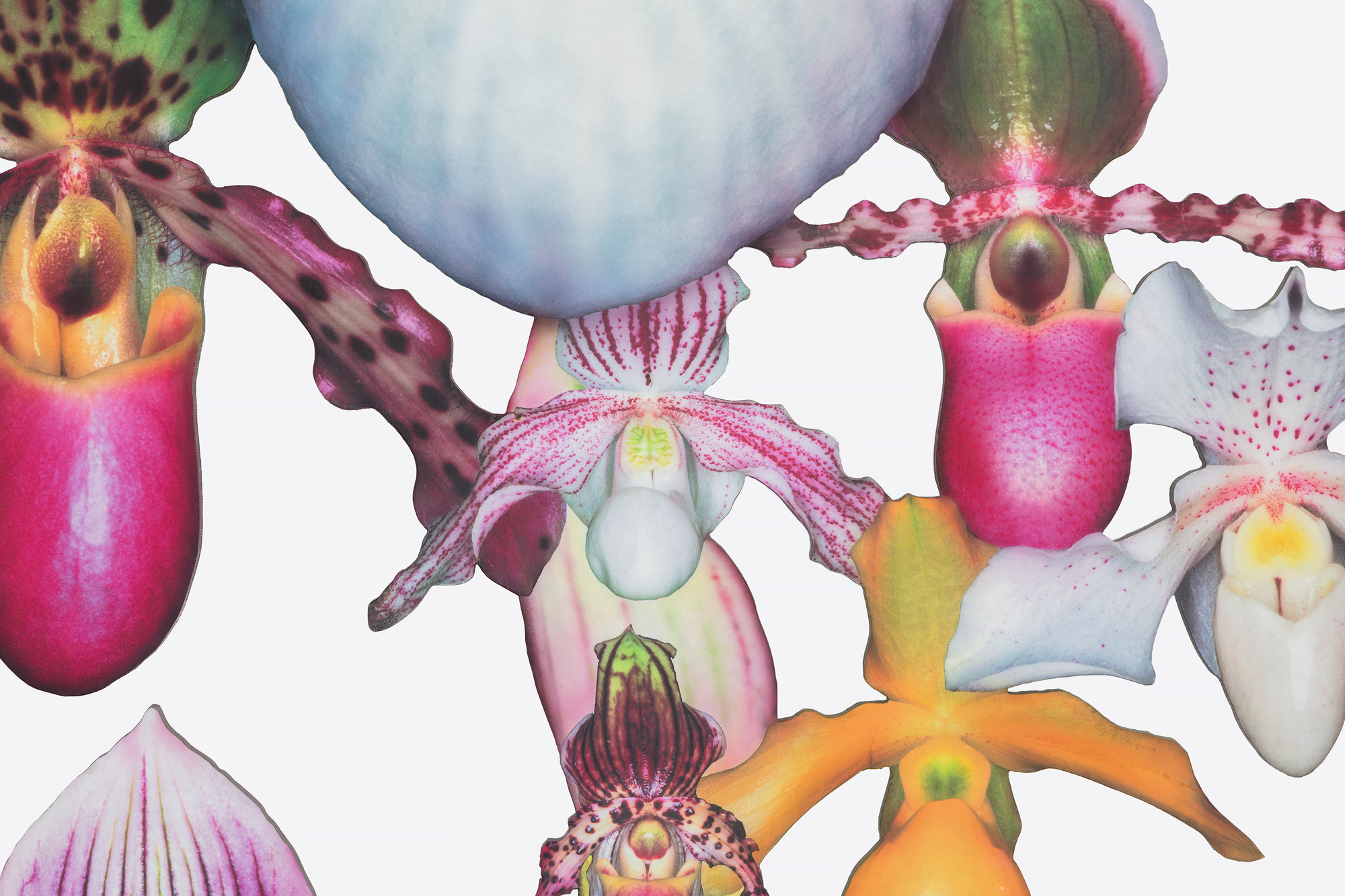
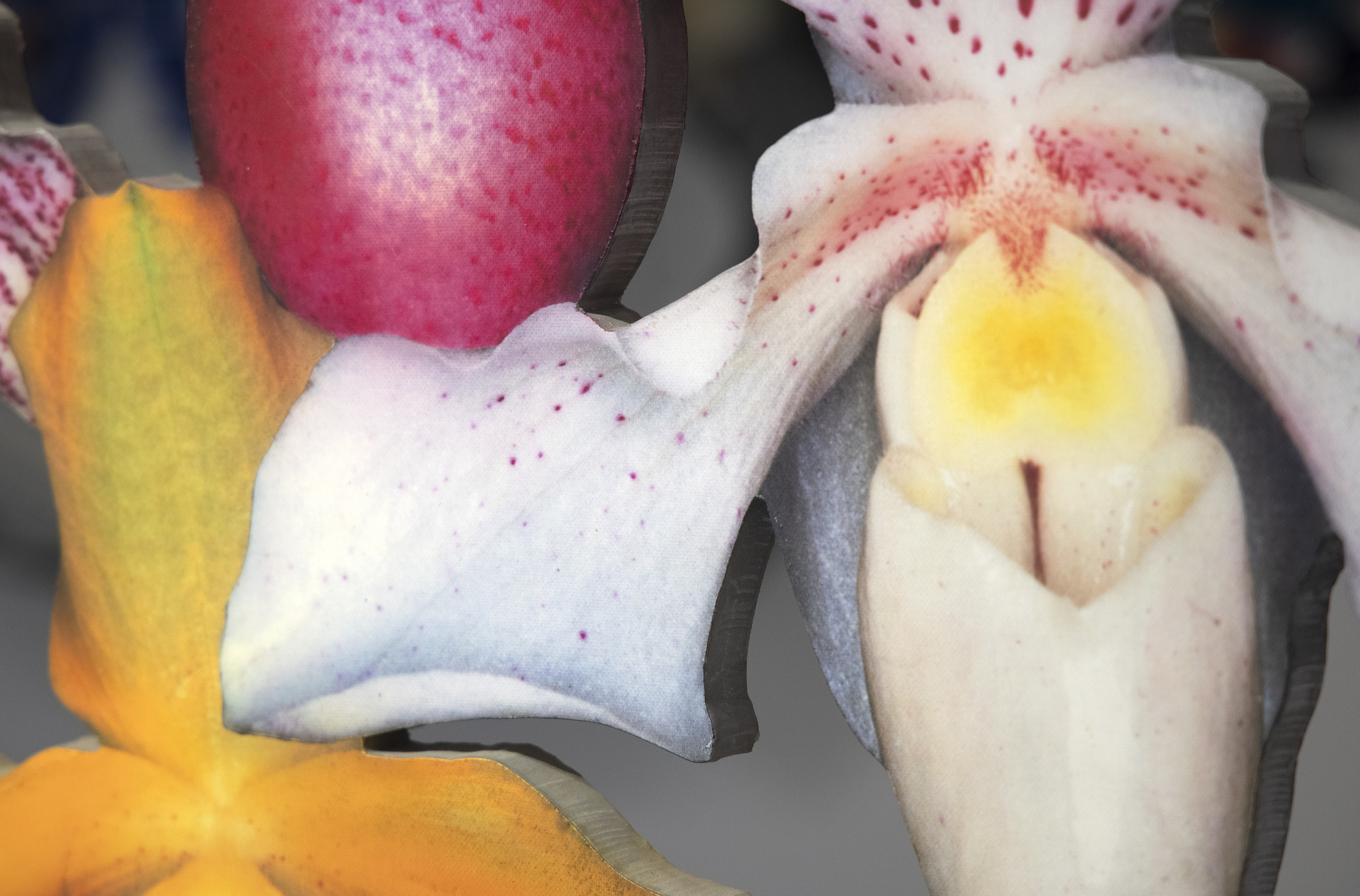
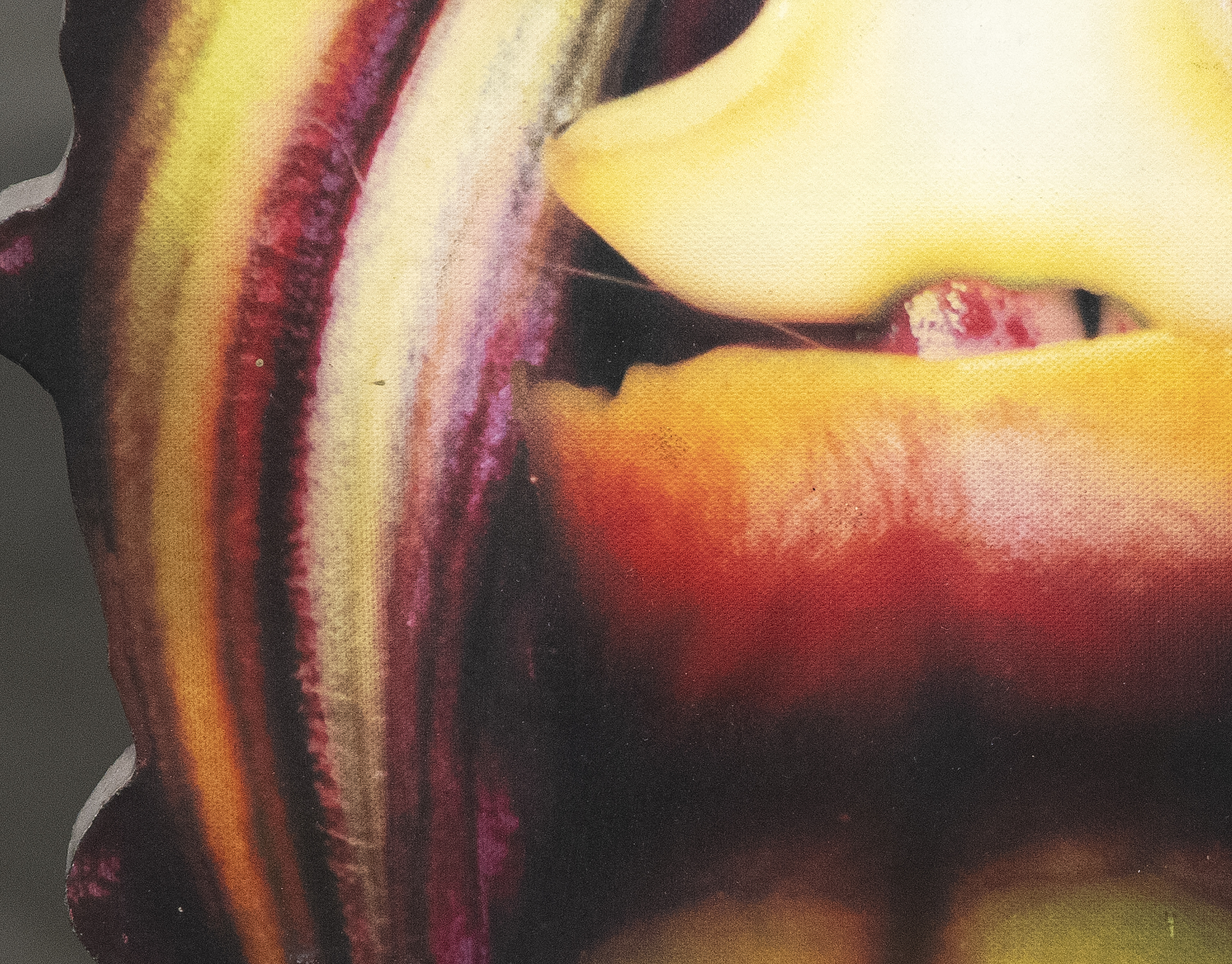
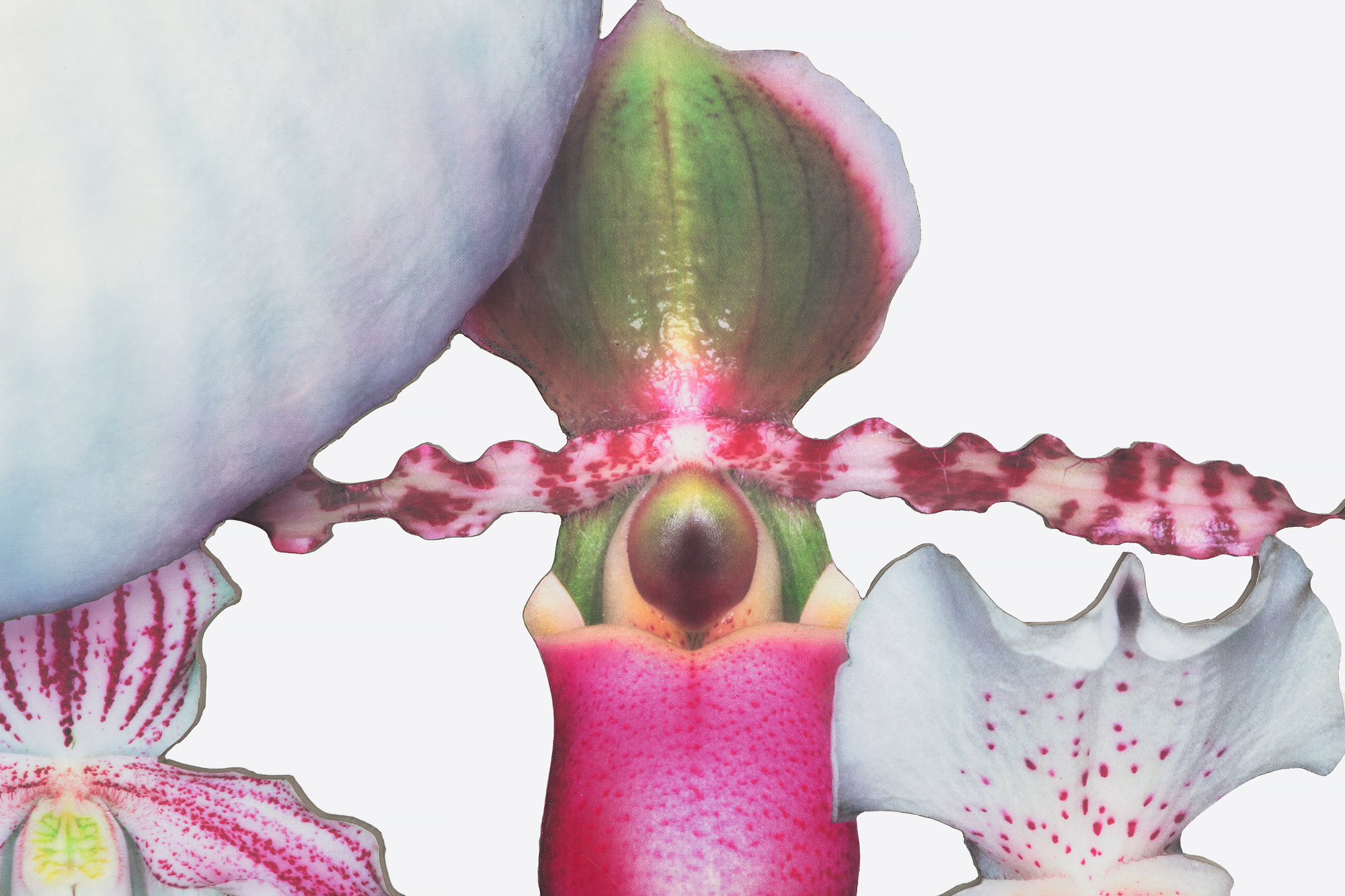
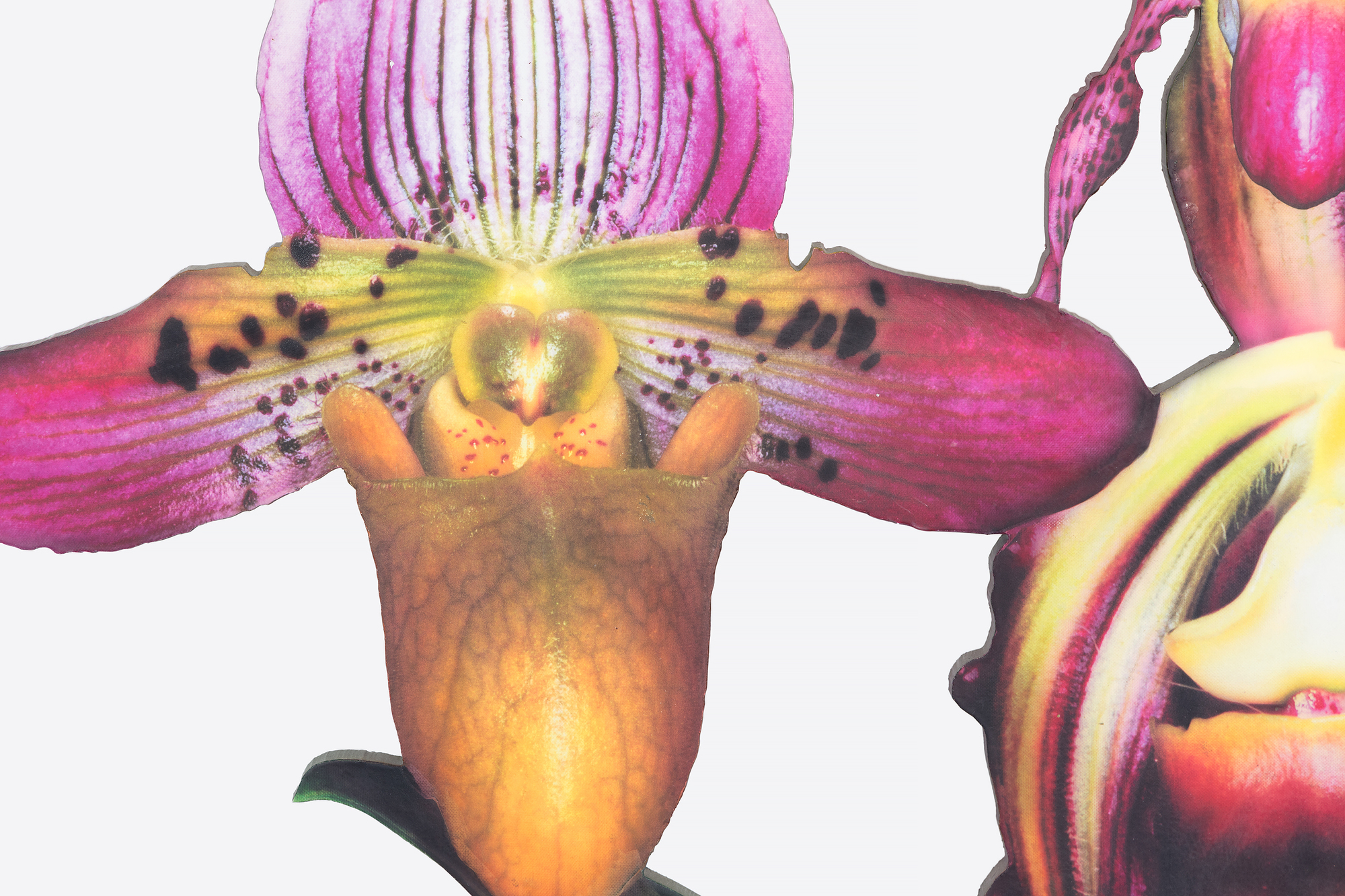
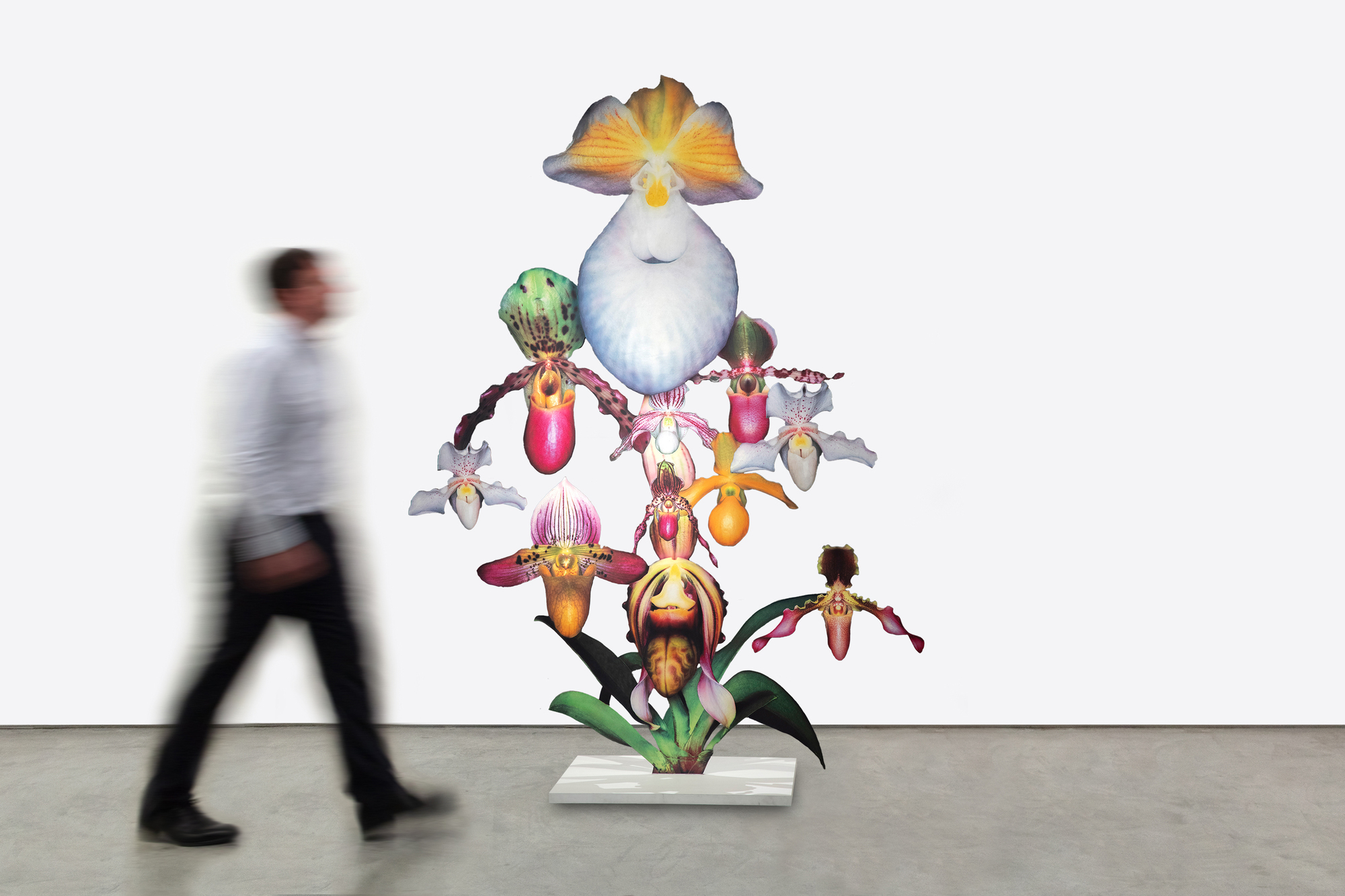
Provenance
Private Collection, acquired directly from the artist in 2006Exhibition
Chatsworth House., & Sotheby’s. (2010). Beyond limits: Sotheby’s at Chatsworth Chatsworth: Sotheby’s. illus. pPg. 1History
How innovative can flowers be? As the iconic Miranda Priestley sarcastically quipped in The Devil Wears Prada, “Florals? For spring? Groundbreaking.” Yet, flowers have always been vehicles for artists creating pioneering art. Lovebomb by Marc Quinn is part of this long tradition.
Stretching back to the garden murals of the Ancient Roman empire to the still life paintings of the Dutch Golden Age, flowers have been symbols that carry many meanings. As a work of art, there is something a bit unnatural about painted flowers, given that these botanic wonders spring from nature. A painted flower “lives” much longer than the organic material. This idea has fascinated artists who mined this gap, whether by grouping flowers and plants that would not normally be in season or bloom at the same time or including nods to the transience of life amongst an immortal painted arrangement.
Where does Marc Quinn fit into this art historical tradition? Flowers, and in particular orchids, have formed an important source of inspiration for Quinn. From sculptures to paintings, Quinn has investigated the symbolism of orchids – beauty, desire, sensuality, life, death – combined with investigations of physical temporality. Flowers, and by extension our existence, are short-lived and yet artists including Quinn have managed a level of immortality through artworks. Quinn notes these two disparate ideas in his works in order to provoke questions in the viewer. Quinn’s art lives in that magic of transformation – turning real flowers into sculptures, painting them, and creating monumental blossoms. He notes, “Art is [the process of] transforming something before your very eyes.”
However, Quinn’s art digs even deeper. Orchids are one of the largest families of flower plants and he celebrates their very essence, the sculptural and painterly qualities already inherent to them through their shape and color.
Lovebomb presents both a beautiful and slightly monstrous vision of nature. Quinn created a riotous bouquet of orchids, many of which would not exist side by side, and enlarged it to a monumental scale. The work provokes a tension between what is before us and what we know can conceivably exist. We are seduced by the vision while knowing deep down, something unnatural, corrupted, and magical is happening. What appears to be alive is more than just dead – it was never real to begin with.
More
















